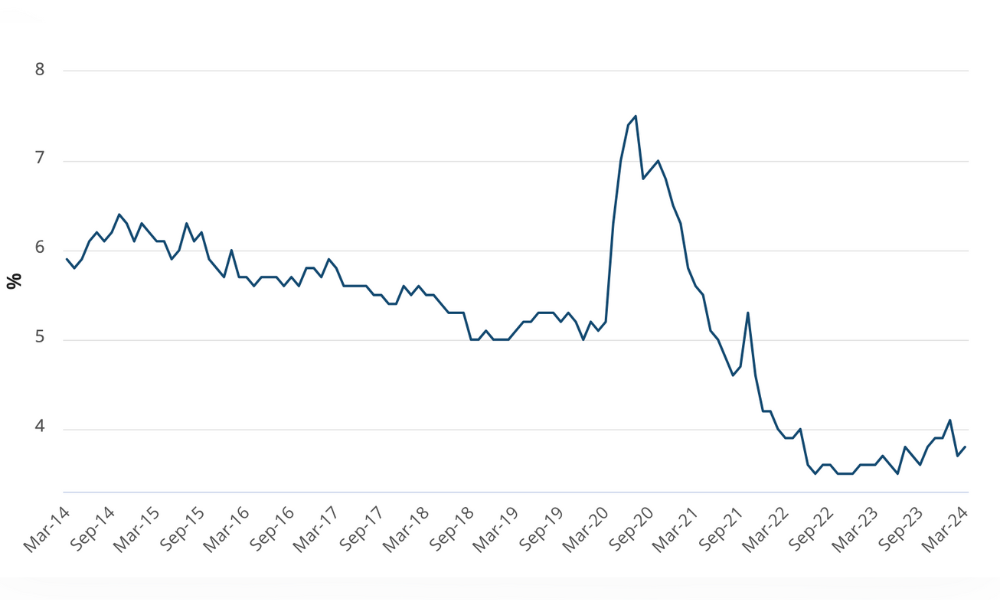As a mid-level HR professional, I am concerned about the impact new economic conditions might have on my career. In the last few years I have been focusing on developing a specialisation in learning and development. Should I continue down this path, or reposition myself as an all-rounder?
Q As a mid-level HR professional, I am concerned about the impact new economic conditions might have on my career. In the last few years I have been focusing on developing a specialisation in learning and development. Should I continue down this path, or reposition myself as an all-rounder? Is there any way I can minimise the risk of retrenchment down the track?
A The years leading up to 2008 saw high demand for HR professionals, as organisations recognised the HR department as a vital and strategic part of top- level decision making and of their organisation’s success. As recognition of the value of HR professionals grew, so did HR departments.
Yet HR professionals should not feel anxious that we are experiencing a repeat of the last recession, when HR was viewed by many as a cost centre. Today, the HR profession is better positioned internally as a core function that adds value to the bottom line.
The last few years have seen distinct HR functions and specialisations develop, especially in the learning and development, remuneration and benefits, and recruitment functions. Mid-to -large organisations have evolved to teams of HR managers, specialists and consultants reporting to an HR director. I believe this approach is here to stay.
Moving forward, organisations will want to retain their talented staff and have efficient and productive HR teams, regardless of where the Australian economy is heading. Top-level management will be asking HR departments for advice about how to retain staff, manage learning and development and nurture positive organisational cultures.
While HR departments may not grow as aggressively as they have in the past few years, vacant positions will still be filled.
We are seeing organisations keep consistent staffing levels in HR departments, and have seen significant growth in the number of contract roles available. However, staffing levels are being retained in mid-to-top-tier organisations by filling vacancies with contractors rather than permanent employees.
Demand for L&D has not slowed at all and may even grow as organisations recognise the need to up- skill their staff, especially those that will be asked to take on more responsibilities. In the face of recruitment freezes, up-skilling will be used to bring new capabilities into an organisation without hiring new employees. Ensuring the productivity of income- generating positions such as frontline sales people will also be a focus of L&D professionals.
The most secure industries for HR professionals are those with good medium-to-long term economic outlooks, including health, mining, resources, the public sector and infrastructure. However if you feel well supported and thatyour current employer offers a good career path, sit tight and watch how the market pans out during the next 12 months.
Remember, as with any time of uncertainty, the current employment market has many exciting opportunities for those willing to be flexible and take a chance. Good luck!








